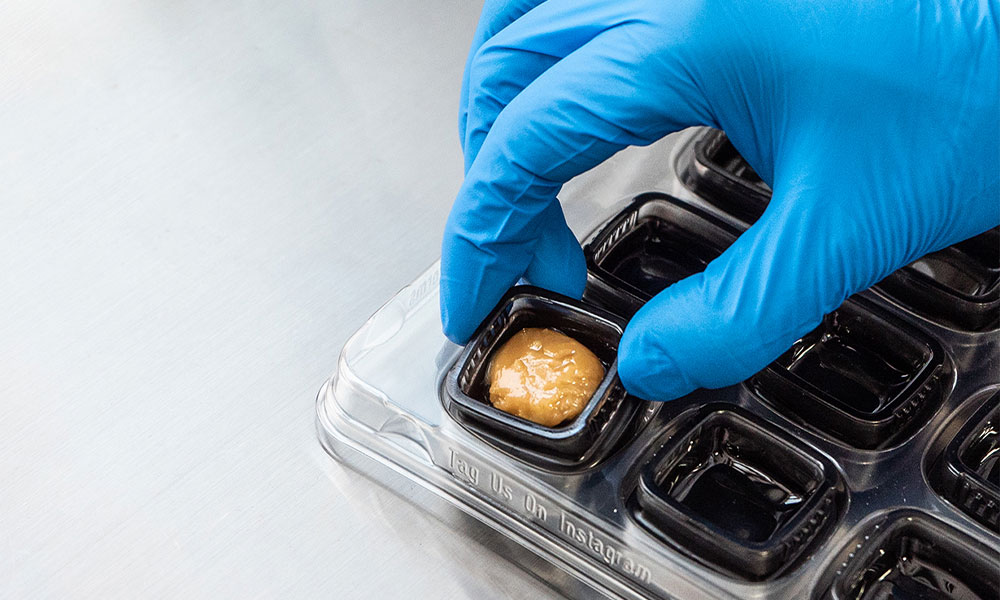
When it comes to ensuring safety and hygiene in the medical equipment and supplies industry, one crucial element that often goes unnoticed is the use of Food grade gloves on patients in the medical industry. They are specifically designed for handling food and play a vital role in maintaining a sterile environment, preventing cross-contamination, and safeguarding the health of both healthcare professionals and patients. This article will delve into the significance of using this in the medical equipment and supplies industry, highlighting their role in ensuring the highest cleanliness and safety standards.
1: Understanding Food Grade Gloves
These are a type of disposable gloves and are developed expressly to be utilised in handling and preparation. They are created with components that adhere to strict regulations and guidelines set by safety agencies. They are designed to be safe for direct contact with food, preventing any potential contamination from chemicals, bacteria, or allergens.
2: Maintaining a Sterile Environment
Maintaining a sterile environment is paramount in the medical equipment and supplies industry. Whether in hospitals, clinics, or laboratories, healthcare professionals rely on using gloves to ensure that equipment and supplies remain free from contamination. They act as a barrier between the hands of the healthcare workers and the equipment or supplies they handle, minimising the risk of introducing bacteria or other harmful substances. They are manufactured using materials resistant to punctures and tears, providing an extra layer of protection.
3: Preventing Cross-Contamination
Cross-contamination is a significant concern in any industry that handles or processes food. However, it is equally crucial in the medical equipment and supplies industry. Healthcare professionals must be diligent in preventing the transfer of microorganisms or contaminants from one surface or item to another. They are a barrier, preventing direct contact between the hands and the equipment or supplies. By wearing them, healthcare professionals can minimise the risk of cross-contamination, ensuring that pathogens or other contaminants do not spread from one patient or area to another. This is especially critical in operating rooms, where maintaining a sterile environment is paramount.
4: Safeguarding Healthcare Professionals and Patients
The use of food grade gloves on patients is beneficial for maintaining cleanliness and preventing contamination, but it also safeguards the health and well-being of healthcare professionals and patients alike. By wearing gloves, healthcare professionals protect themselves from potential exposure to hazardous substances or infectious materials that may be present on the surfaces they handle. Additionally, this offers protection to patients who may have allergies or sensitivities to certain substances. They act as a barrier, preventing direct contact between the healthcare professional’s hands and the patient, reducing the risk of adverse reactions.
5: Compliance with Regulatory Standards
Adherence to regulatory standards is crucial in the medical equipment and supplies industry. These align with these standards and guidelines, ensuring that healthcare facilities comply with the necessary regulations and requirements. By using these , healthcare professionals demonstrate their commitment to maintaining high safety and cleanliness standards, aligning with these regulatory expectations.
Conclusion:
Using food grade gloves on patients plays a vital role in the medical equipment and supplies industry by ensuring safety, maintaining a sterile environment, and preventing cross-contamination. Their use is instrumental in safeguarding the health of healthcare professionals and patients and complying with regulatory standards. By understanding the importance of them and incorporating their use into daily practices, healthcare facilities can prioritise safety, hygiene, and the well-being of all those involved in the industry.


